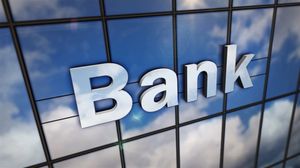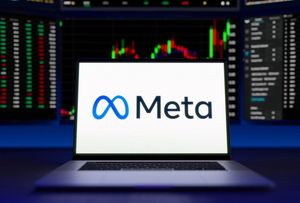
President Trump has spent his first month in office “flooding the zone” with executive orders in an attempt to remake the U.S. government and reshape U.S. policy on hundreds of issues. But Trump’s actions often raise more questions than they answer, and courts are already weighing in across the spectrum on the legality of many of his decrees.
When it comes to the administration’s assault on ESG investing and DEI initiatives, and sustainable investing overall, three major questions are befuddling investors, according to a posting on the UBS Wealth Management USA Insights website.
Here’s how the UBS editorial team is responding to the most pressing questions:
Are climate strategies still viable given the U.S. withdrawal from the Paris Agreement?
Yes, climate remains a viable investment area, in our view. Despite U.S. policy shifts, renewable energy makes growing economic sense, with solar and wind cost competitive with gas in many U.S. regions. Private capital now drives 54% of global climate funding, outpacing public sources and insulating some of the effects from reduced U.S. government support.
We believe investment opportunities still exist in energy efficiency and infrastructure. Regardless of fuel source, energy efficiency and infrastructure investment needs are clear, driven by aging infrastructure and consistent energy demand growth. Transmission and distribution segments, which are less sensitive to policy changes, also present growth opportunities.
Within engagement strategies, we believe investors should diversify into sectors beyond climate that exhibit strong economic fundamentals and have a proven ability for engagement on sustainability to drive higher profits and real-world change. Examples might include other companies in the industrials, materials and consumer staples sectors.
Will a more inwardly focused U.S. hurt MDB bonds?
Multilateral development bank (MDB) bonds, especially those issued by the World Bank, have the U.S. as the largest guarantor or capital contributor. As such, the country has the largest voting power on new projects or developments.
For instance, the U.S. has about 16% of the total voting power on the World Bank’s International Bank for Reconstruction and Development, followed by Japan, China, Germany, France, and the UK.
However, even the withdrawal of the U.S. from multilateral institutions to focus on domestic or bilateral relationships should not derail MDB bonds. They have strong fundamentals, appealing yields and tight spreads to highly rated government bonds. They offer slightly higher yields than U.S. Treasurys, with an illiquidity premium of 11 basis points for 1-5 year maturities.
MDBs are supported by multiple countries, with many focused on European or Asian countries whose agendas depend less on President Trump. They are rated “attractive” due to their resilience and potential for steady returns. Investors can continue to benefit from MDB bonds’ stability and diversification effects in their portfolios.
What’s next for investors in DEI?
Diversity, equity and inclusion remain important for both financial and social reasons. Companies focusing on DEI can enhance employee recruitment and retention, impacting long-term financial performance. While President Trump’s policies may shift corporate messaging, the underlying economic value of DEI persists, in our view.
Extensive studies from McKinsey over the past 10 years show a continued benefit to diversity, noting companies with gender and ethnic diversity in executive teams are 18% and 27% more likely to be in the top quartile for financial performance. As companies revamp or eliminate their DEI programs, it may be even more important for investors to pay attention to how companies discuss supporting employees and connecting with communities around them.
In addition to strong DEI policies, investors should look for companies with dedicated practices related to employee and community engagement as they may be a proxy for DEI policies. Companies leveraging these approaches may offer better resilience through both trade-induced volatility and across the business cycle.
Where to find out more?
UBS is encouraging sustainability-focused investors to look at its new executive order tracker to review the investment implications of President Trump’s actions – check out POTUS47: Executive Order Tracker for regular updates.
Read more: The top 7 sustainable investing trends for 2025






